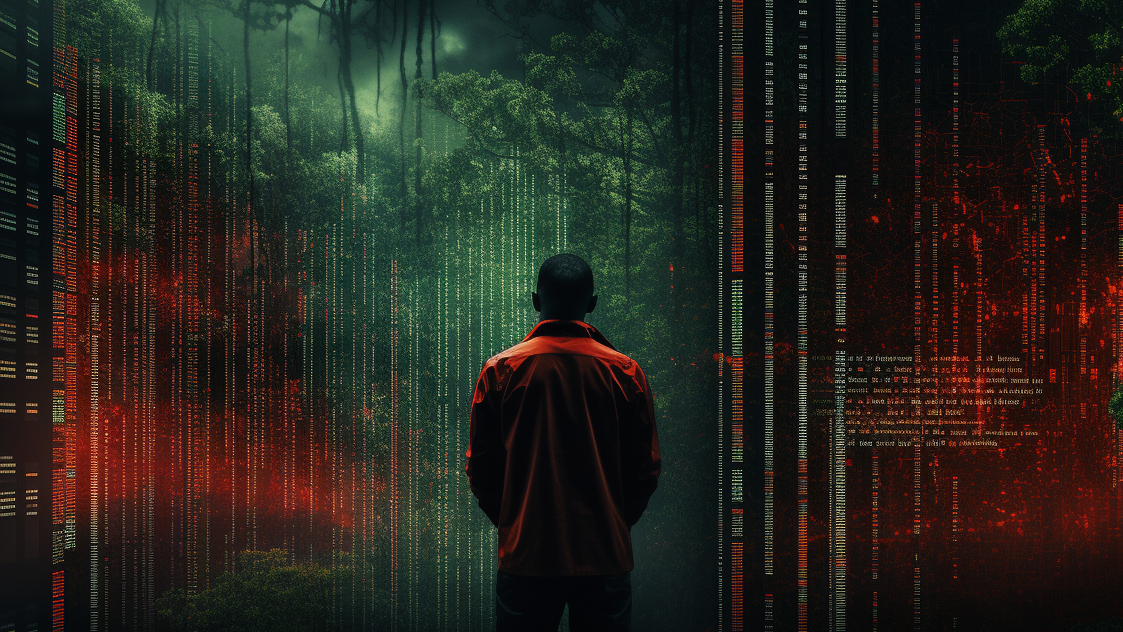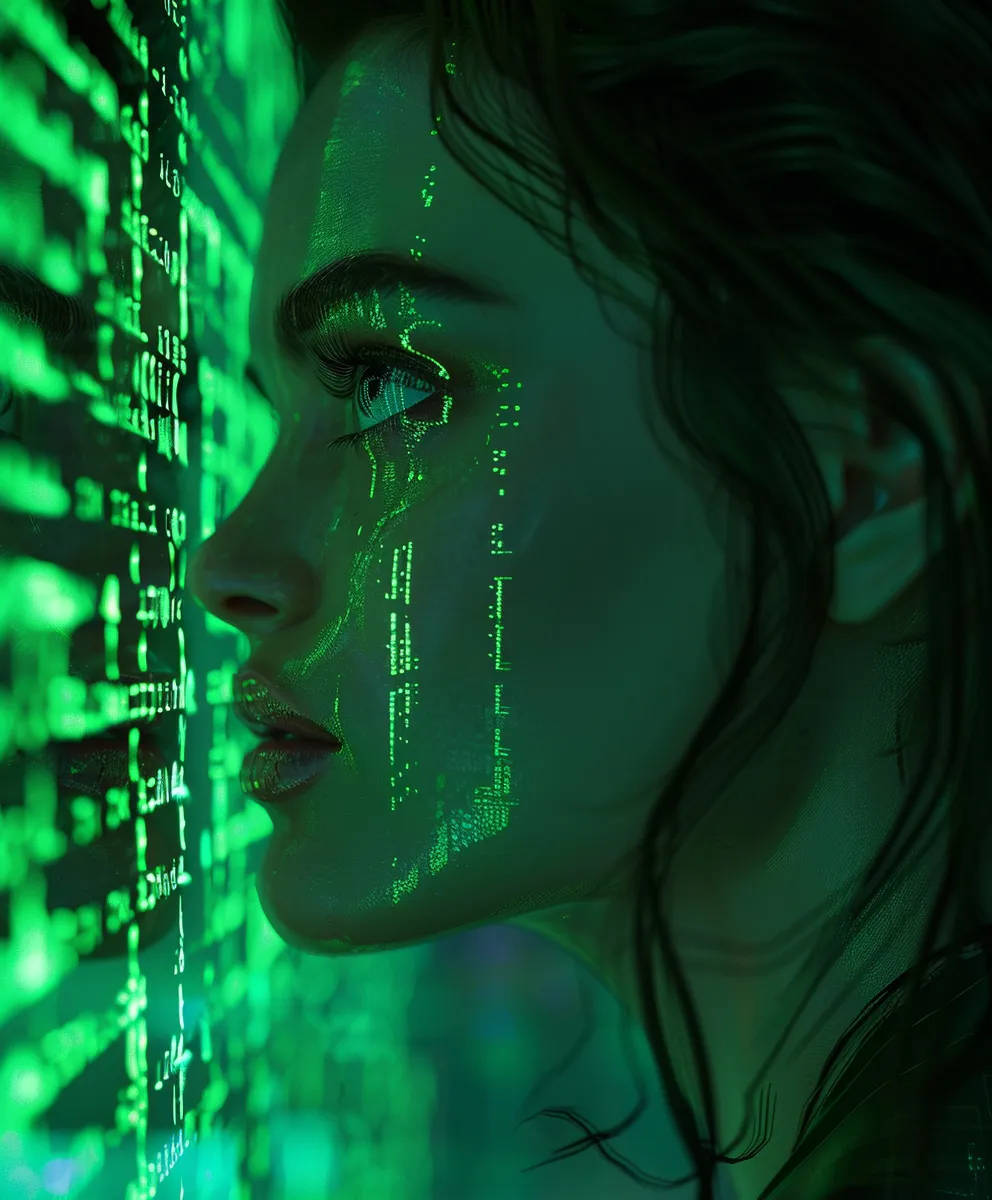Imagine waking up in the morning to the buzz of a world jittering with exciting possibilities, a world where the term ‘convenience’ is being actively redefined. It’s not science fiction; it’s the dawn of GPTs for OpenAI’s upcoming GPT Store. And it will open its digital doors in just a few short weeks.
You heard it here first. I believe it will be a technological leap similar to the debut of Apple’s App Store 15 years ago (yes, that was 15 YEARS ago). Or the launch of popular streaming music platforms like Spotify.
Remember that rush? The exhilaration? Even if you don’t…we’re there again. So maybe now you’ll feel something.
This might all sound melodramatic. Or like I’m exaggerating just to shock you into reading this article. I’m not. I wouldn’t do that to a nice person like you.
This is either going to change the world, end it forever, or flop on its face. I’m putting my chips on #1.
What on Earth is a GPT?
According to OpenAI, a GPT is a custom version of ChatGPT that combines instructions, extra knowledge, and any combination of skills.
I know what you’re thinking…”That does NOT sound that interesting. What happened to the whole “changing the world” thing?” Just stick with me.
In layman’s terms, a GPT is a bot. It’s a custom bot that anyone can create, directly in ChatGPT’s platform.
GPTs (or bots) can do and say basically anything you can imagine. Remember the post I made about interviewing 56-year-old Kurt Cobain? Well, I recently made a bot of Kurt Cobain. So, instead of testing and running prompts to get Kurt to talk to me, I can chat with the bot in just one click. Much quicker and easier.
Kurt Cobain is not exactly a useful bot or even a great example. Here are a few potential GPT ideas: Personal Chef Bot, Car Mechanic Bot, Proofreader Bot, Marketing Analyst Bot, Dad Joke Generator Bot, Financial Advice Bot, etc.
Each GPT has a different purpose or set of use cases. You can think of a GPT as a robot inside of a text message conversation that specializes in helping you do something. To get help, you simply chat with it. See, it’s a simple concept.
Why Didn’t They Call Them Bots?
There are some questions that just don’t have answers.
It’s worth taking a moment to think about it though (well, you can be the judge of that). Personally, as embarrassing as this is to admit, it took me around a week to be able to remember the name “ChatGPT”. I kept remembering it as ChatGTP or ChatG3P. GPT is a tongue twister, it’s difficult to remember, and most people don’t even know what it stands for.
Maybe it’s the marketer in me (it’s what I do, after all). Maybe sometimes I think about things that other people don’t care about. Whatever it is, it doesn’t seem like the name “ChatGPT” has slowed down the tool’s growth. I mean, it’s already up to 100 million weekly users.
With all of that said, calling them “Bots” would’ve just been so much better. Bots is cleaner, easy to remember, and is a layman’s term for GPT.
The GPT Revolution is Here
Opportunities like the one knocking on our doors today don’t come around often.
The “App Store moment” for AI is here, and it’s not just a blip on the tech radar—it could redefine the radar screen.
At Run The Prompts, we’ve been gearing up for this transformation, creating an arsenal of sick GPTs that we’re pretty sure you will love.
We’re not just on the GPT train; we’re in the front seat. This post will essentially give you all the cool pictures we’ve been taking along the way.
1. There will be a GPT for Everything
“There’s an app for that.” Remember that line?
Get ready for “There’s a GPT for that.”
GPTs will augment the human experience, enhancing our abilities, and expanding our horizons in new ways.
Want to talk to a mixologist who can reference a list of every drink ever made? Use a GPT. How about a car mechanic with a huge database of automotive information on every make and model of any car under the sun? Use a GPT. Need some quick analysis done by a data scientist who specializes in data for insurance companies? Yeah, you get the point.
2. Coding is Not Required to Build a GPT
Here comes the double-edged sword. You can create a GPT without coding.
This is excellent because it empowers basically anyone who’s creative to make a GPT.
However, it also means the GPT Store will be absolutely flooded with GPTs, and a lot of them will be garbage. It will be interesting to see how OpenAI handles that situation. Maybe they will set up some kind of vetting process.
The majority of the most coveted bots will likely be those with a unique competitive advantage—the GPTs crafted through code and integrations with other platforms. It’s akin to having a secret recipe.
3. OpenAI Will Pay GPT Creators
Let’s get one big thing out of the way first: No, creating a GPT will probably not make you rich. Like most things in life, getting rich is difficult. And in a sea of GPTs, it will be tough to stand out. But it won’t be impossible.
The payment structure has not been released or public yet. Nobody knows how much OpenAI will pay creators. No one knows if all creators will get paid, or just some. It’s a mystery box, and we’ll have to hope for the best.
With all of that said, there will certainly be people who make a lot of money with GPTs. Solve a tough enough problem or entertain someone well enough, and you will be rewarded with cash. Will that person be you? Make it happen.
4. GPTs Can Act as Lead Magnets and Branding Devices
It’s not all about the direct payments. When someone uses your GPT, they are essentially interacting with your brand. If you make that a positive experience for them, then they will see your brand in a positive light. If they use your GPT daily, then just think about the amount of trust that will build.
5. OpenAI’s GPT Store: A New Marketplace to Set the World on Fire
Slated for release in just a few weeks, the GPT Store will not just be a marketplace but a playground for innovation.
With the GPT Store, we’re witnessing the birth of a new platform to connect creators with people trying to solve a problem. And remember, aspiring GPT creators, sometimes that problem is boredom.
As the GPT Store takes off, expect to see other platforms emerge, offering their unique spin on things. This diversification will ensure that GPTs are as widespread and accessible as possible, offering creators a multitude of platforms to showcase their work.
The arrival of GPTs in a dedicated store creates a new economy – an ecosystem of digital beings ready to serve, entertain, and even surprise us.
Like apps in the early days of the App Store, the first movers here are bound to set trends and possibly even new standards in AI utility. Also, remember that striking an opportunity like this as EARLY as possible is always a huge advantage. Make your move.
Our Future with GPTs
So what does our new world look like moving forward with GPTs? Things are about to get weird and awesome. There’s no looking back now.
1. Data, Privacy, and Trust

Of course, this influx of GPTs will generate a tidal wave of new data. Here’s where OpenAI’s alleged commitment to doing the right thing comes into play. They’re at a crossroads, with the path they choose potentially setting the tone for data ethics and privacy for years to come in the AI space.
As GPTs multiply, the amount of data tumbling around in the digital universe will explode.
OpenAI, standing by its profit cap, has a unique opportunity to set a precedent for data usage and privacy. The actions they take now will reverberate through the tech world, offering either a blueprint for data dignity or a cautionary tale. I hope they do the right thing.
2. GPTs: A Job Threat or a Job Aid?
The question on everyone’s mind: Will GPTs snatch away jobs or elevate them? The answer isn’t straightforward. Like any tool, GPTs can both disrupt and support various occupations.
As cliche as it sounds, only time will tell. I think they will supplement people’s jobs more often than replace them. My vision for AI may be biased, but it’s the optimistic view that I argue everyone should adopt. There’s no going back now.
Adapt or die.
3. YouTubers Will Milk This
I can already see the headlines now…
“Earn $10,000/day EASILY by Creating Your Own GPTs!”
“I Quit My Job Today and You Can Too! GPTs Will Make You RICH!”
We already see it with ChatGPT (see below). GPTs will be next.

Disgusting. Unfortunately, this will be one of the negative byproducts of GPTs. Please, for the love of god, do not fall for these clickbait assholes. Just go find real content.
4. Apple, Google, and Meta Will Copy This
The future isn’t just about OpenAI’s GPT Store. Like mushrooms after the rain, platforms for GPTs will probably sprout everywhere if GPTs are successful. And why not? A GPT is, after all, just a URL—one that leads to a new dimension of digital interaction.
Basically, if the big boys smell money, they will copy it. Apple will be last to move here, as always, but they will come in with their typical value prop, which is offering a shinier and more stable variation of what the other players are doing.
This competition could spur innovation and provide creators with more avenues to monetize their GPTs. Just like a podcaster listing their podcast on Spotify, Apple Podcasts, YouTube, and others, GPTs could be posted to multiple platforms as well.
5. Celebrities, Movies, Video Games, and Books Will Have Their Own GPTs
Meta was a first mover here with their AI chatbots of celebrities. Don’t think for a second that it will end there. There will be an avalanche of celebrities creating GPTs for their fans to interact and fall in love with.
As for entertainment, this is where things get interesting. Imagine buying a book and using the book’s GPT to ask it questions about the book or author. The GPT would answer everything perfectly, in the authentic voice of the book’s author.
Or buying a video game and using the GPT as a supplement to see how to beat certain levels, how long it took to create the game, and why a certain character is so annoying.
Now imagine buying a downloadable movie, and the movie comes with a GPT. As you watch the movie, you interact with it via the GPT on your phone in a way you never could before. It could be the perfect supplement and would offer an endless stream of creative potential.
Wrapping it Up
As we anxiously look forward to the launch of the GPT Store, it’s clear to me that we’re on the cusp of a new era. The store could not only redefine the landscape of AI applications but also how we solve problems. With GPTs, we’re not just automating tasks; we’re opening doors to new possibilities, new businesses, and new ways of living.
I suggest keeping GPTs on your radar and creating your own…ASAP. Ten years from now, you might regret it.
Save this post and read it again in one year, five years, and ten years from now. If I was way off and none of this happened, then I’ll buy you a beer. I promise.






